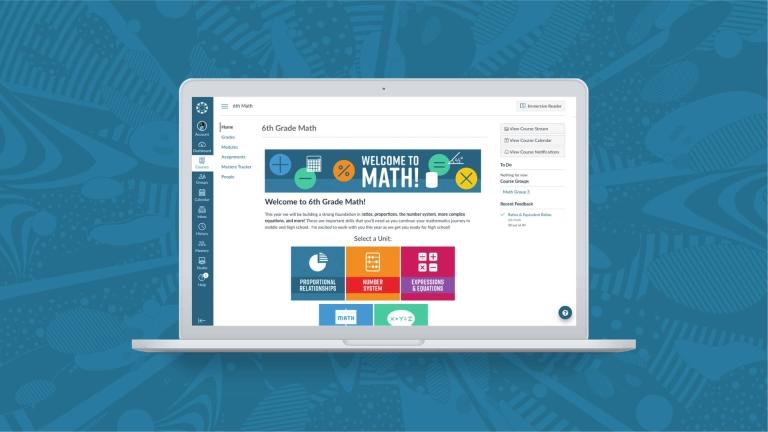
Education is an evolving landscape, and the latest revelations from the 2023 State of Student Success and Engagement report offer crucial insights into pivotal areas that demand attention and transformation. This comprehensive report unravels the multifaceted facets of student mental health, educational accessibility, and the ever-evolving role of technology in academia.
In its fourth year, this year's survey, with over 6,100 respondents across 17 countries, provided fresh insights into crucial trends shaping the academic landscape. These insights are categorized in four key areas: global trends and insights, lifelong learning and technology access, support mechanisms, and regional snapshots.
Harnessing the Power of Generative AI in Education
Generative AI is emerging as a pivotal force in education, presenting opportunities to personalize learning experiences and enhance teaching methods. However, the accessibility of advanced AI tools remains a concern, as some of these resources are monetized. It's crucial for institutions to ensure equitable access, preventing technological disparities and fostering an inclusive learning environment for all students, irrespective of their economic status.
However, the report underscored the need for accessible and equitable access to such AI-powered tools, emphasizing the imperative of ensuring that innovation does not exacerbate existing educational disparities. Embracing the potential of generative AI holds promise in crafting adaptive and personalized educational journeys for learners globally.
A Shift Towards Student-Centered Mental Health
The conversation began by emphasizing the imperative shift towards prioritizing student mental health. The report uncovered a significant focus on mental health in education, underscoring concerns not just among students but also educators. It highlighted the challenges faced by educators, including burnout and increased demands in the educational landscape.
The survey identified essential mental health resources available in educational institutions globally, such as in-person and virtual counseling, well-being events, and mental health hotlines. However, despite resource availability, the report highlighted the challenge in effectively connecting students and faculty to these crucial services.
Supporting Educators and Preserving Accessibility
Moving beyond student concerns, the report delved into the pressing need for augmented support for educators. Nearly 30% sought enhanced personal development, acknowledgment of their contributions, and autonomy in utilizing innovative tools like AI in teaching methods.
Furthermore, while institutions made commendable progress in ensuring physical and digital accessibility, socioeconomic factors continue to impact access. Flexible programming, mobile access, and ensuring equity across socioeconomic lines were identified as crucial measures to maintain educational accessibility.
Explore the Report's Insights
In essence, the 2023 report serves as a compass, signaling a pivotal shift towards prioritizing mental health in education, fostering accessibility, and empowering educators. The comprehensive insights available in the report offer a roadmap for a more inclusive and supportive educational landscape. To dig into the details of the report even more, click here.
For more content on generative AI, be sure to check out our InstructureCast episode here and the webinar “AI with Boundaries: The Right Way to Manage ChatGPT and its Potential Disruption of Higher Ed.”
Related Content
 Teaching-With-Tech-10-Benefits.jpg
Teaching-With-Tech-10-Benefits.jpgBlogs
 canvas_x_tg_logo_lockup_780_x_520.png
canvas_x_tg_logo_lockup_780_x_520.pngBlogs
 roi-lms-business.jpg
roi-lms-business.jpgBlogs
